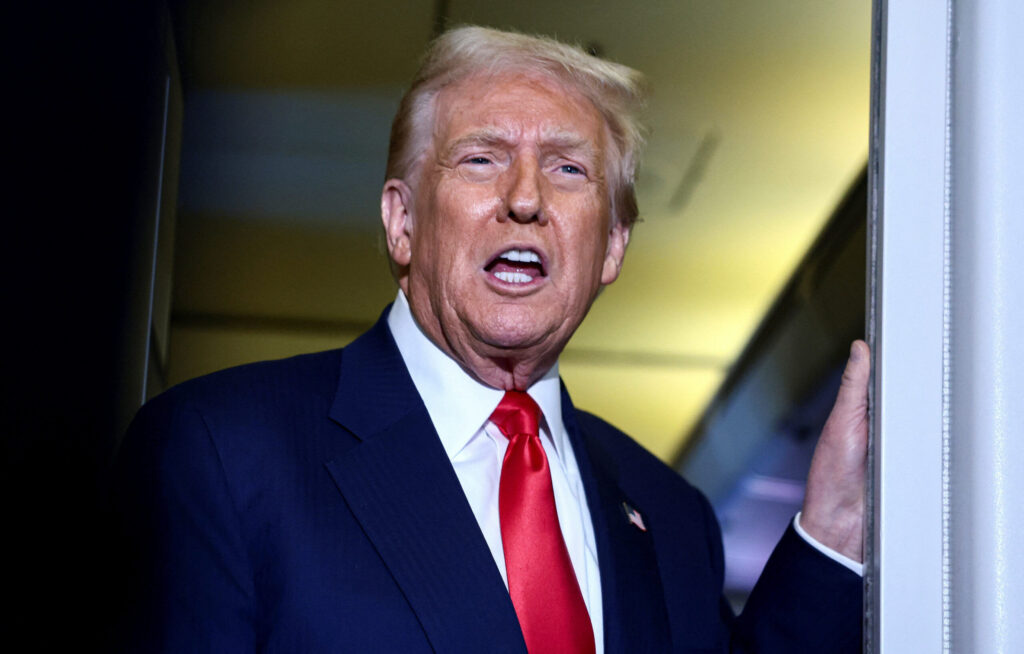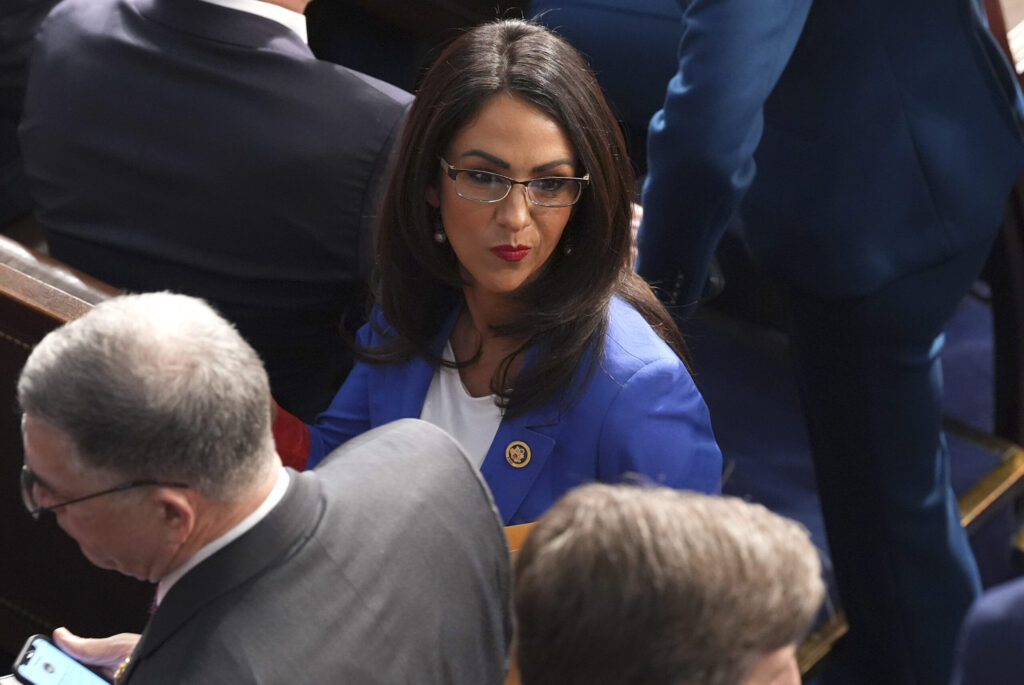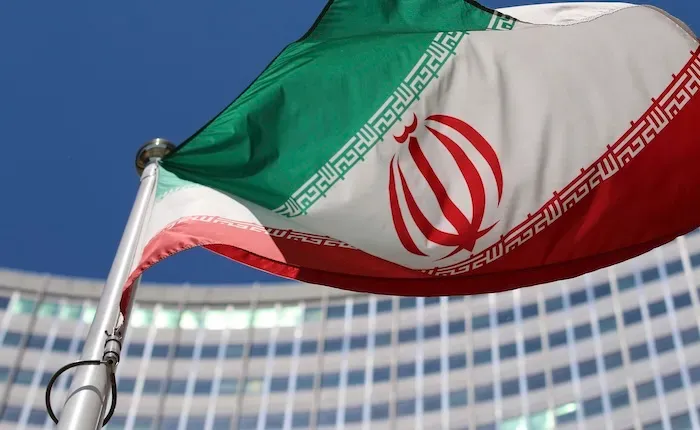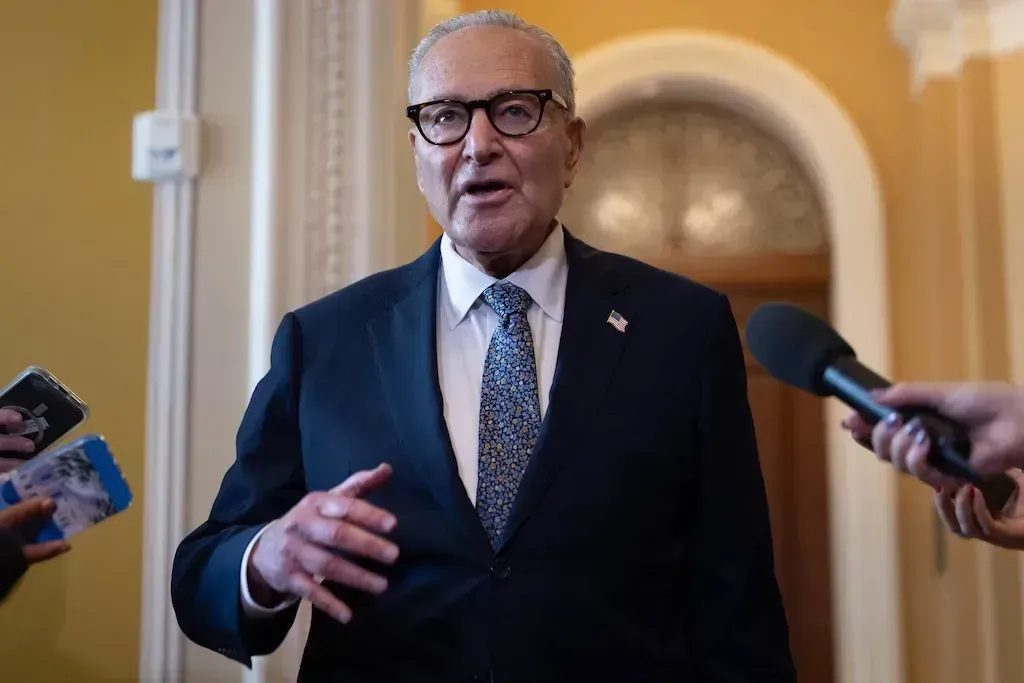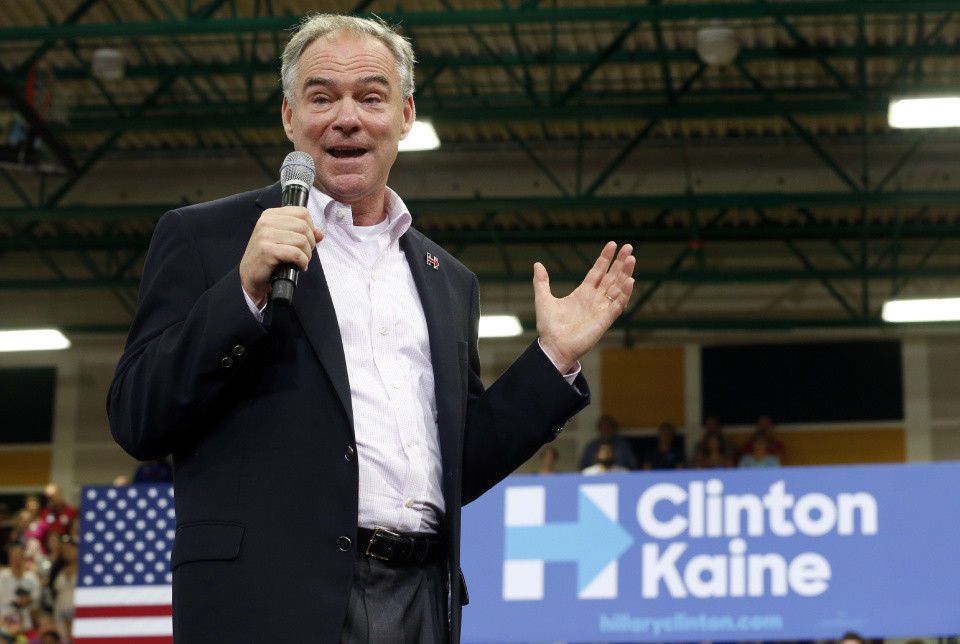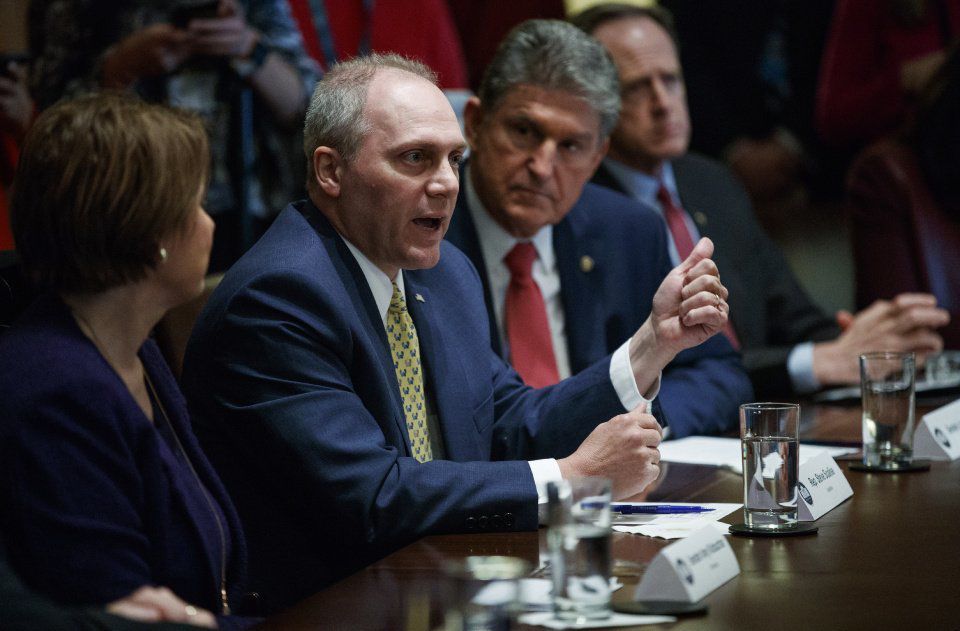Supreme Court could shake up mail ballot and campaign finance rules ahead of midterm elections
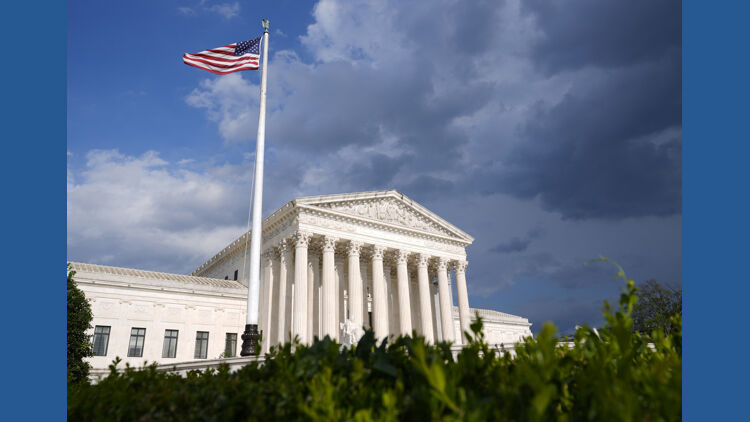
The Supreme Court will hear arguments in a pair of cases in the coming months, which could significantly affect how much candidates coordinate spending with political parties and which mail ballots are counted ahead of next year’s highly contested midterm elections.
The justices have been preparing to hear arguments in the campaign finance law case NRSC v. FEC next month, but opted to add Watson v. Republican National Committee, a case about a mail ballot counting law, to its docket for arguments later this term. The two upcoming cases, both involving the Republican Party, are poised to have a significant impact on the looming midterm elections.
Late-arriving ballot laws under the microscope
The Supreme Court agreed to take up Watson v. Republican National Committee on Monday, which centers on the question of whether Mississippi’s law allowing mail ballots, postmarked by Election Day, to be counted if they are received up to five days after Election Day is preempted by a federal statute setting Election Day nationwide.
Jason Snead, Executive Director of Honest Elections Project, told the Washington Examiner the crux of the RNC’s challenge to the law is that ballots should only count if they have been “received by an election official by the date that the election concludes.”
“It’s the act of casting the ballot by giving it to an election official that cements the deal. And until that has happened, a ballot is not considered cast, and therefore you cannot have ballots coming in after election day, because that means de facto votes are being cast after the election is concluded,” Snead said.
RNC chairman Joe Gruters said after the high court agreed to take up the case that he is hopeful the justices will uphold the U.S. Court of Appeals for the Fifth Circuit’s ruling that counting mail ballots arriving after Election Day is unconstitutional.
“Allowing states to count large numbers of mail-in ballots that are received after Election Day undermines trust and confidence in our elections,” Gruters said. “Elections must end on Election Day, which is why the RNC led the way in challenging this harmful state law.”
Mail ballot deadlines vary by state, but most require ballots to be received either on or by Election Day. Only a minority of states accept ballots postmarked by Election Day that arrive after Election Day.
In Mississippi, mail ballots are accepted up to five business days after Election Day; however, in other states, the deadlines are longer. In Illinois, ballots are accepted up to 14 days after Election Day, while in California, mail ballots can be received up to seven days after Election Day.
Snead argues that if the high court opts to strike down the Mississippi law and other post-Election Day mail ballot deadline laws, it would be a change for some states, but not for most states across the country.
“The argument has been made that this is going to be massively disruptive and that this is going to disenfranchise voters, but I think that neither one of those is true,” said Snead. “I think it is fairly easy, if you are a state that has a policy to allow a ballot to be received and counted after Election Day, simply change the receipt deadline to line up with in-person voting rights.”
“We say the close of polls is the close of polls, and that’s when voting stops. And it would be fairly easy to establish the same policy for mail-in voting,” he added.
He also said there is a “huge upside to the public’s confidence in the elections,” because the Supreme Court will decide the case before the hotly contested midterm elections.
The Supreme Court has not scheduled oral arguments for Watson v. RNC, but the case is expected to be heard sometime between February and the end of April 2026.
Party-candidate campaign finance limits under review
Next month, the Supreme Court will hear arguments in NRSC v. FEC, where it will look at the legality of the Federal Election Commission’s coordinated spending limits between political parties and candidates. The GOP’s Senate campaign wing, the National Republican Senatorial Committee, sued the FEC over the limits, alleging they violate a political party’s First Amendment rights.
“Since their inception, these coordinated party expenditure limits have been a form of speech rationing in search of a rationale. Given that they were enacted to reduce what incumbents saw as wasteful and excessive campaign spending by political parties, the government has spent decades casting about for a way to recharacterize them as an anti-corruption measure,” the NRSC’s brief to the Supreme Court said.
The Democratic National Committee, which intervened in the lawsuit after the Trump administration said it would not defend the FEC limits, warns in its brief to the high court that ruling in favor of the NRSC would “fundamentally reshape the campaign finance regime” and that the “potential for actual or apparent corruption is obvious.” The DNC points to concerns over “quid pro quo corruption” as a reason for why the limits should be upheld.
Supporters of the NRSC’s argument to strike down the coordinated expenditure limits argue it is difficult to point to exactly how parties and their candidates coordinating spending leads directly to bribery.
“The constitutional argument that’s really relevant here is you’ve got to show me the corruption. You’ve got to come up with some plausible theory of bribery, and if you don’t have that, then regulation is really not constitutional,” Dan Greenberg, senior research fellow at the Cato Institute, told the Washington Examiner.
Greenberg also noted that if the high court strikes down the coordinated expenditure limits, then political parties could regain some of their power in swaying campaigns.
“We live in an era of American history where parties are incredibly weak, and I think that if these regulations were struck down, it would certainly help parties to become relatively stronger,” Greenberg said.
Oral arguments for NRSC v. FEC before the justices are scheduled for Dec. 9.


